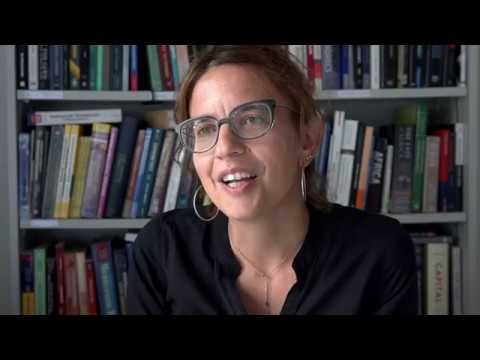Goal 17: Partnerships for the Goals
Strengthen the means of implementation and revitalize the global partnership for Sustainable Development
Successful implementation of the 17 Sustainable Development Goals depends on a comprehensive funding framework that goes beyond official development assistance commitments. Alongside public and private funding, the political sphere will also be expected to make a greater contribution to achieving the goals in question. Goal 17 calls on developed countries to renew their commitment to allocate 0.7% of their gross national income to official development assistance. It aims for a greater mobilisation of domestic resources to reduce dependence on foreign support, as well as enhanced international collaboration in science, technology and innovation, and the promotion of an equitable multilateral trading system.
Source: www.eda.admin.ch/agenda2030 (edited)
Contributions of ETH Zurich (examples)
Within the framework of its core areas of research, education, campus and dialog with society, ETH Zurich contributes to Goal 17, for example, by the following activities:
Inter- and Transdisciplinarity Put in Practice
The Transdisciplinarity Lab (TdLab) conceptualizes and tests educational and research approaches to sustainable development. One example is the living lab in the Seychelles. The goal of the lab is to provide a learning and activity platform for students, lecturers, researchers and actors from local administration, private sector and civil society.
Global Cooperation
The World Food System Center (WFSC) was established based on the belief that the real-world solutions to the challenges our food system faces require collaboration from global and local stakeholders across the entire food value chain. The WFSC supports multi- and transdisciplinary approaches in research, education, and outreach activities.

International Network
ETH Zurich is a Co-Host of the International Sustainable Campus Network (external pageISCNcall_made). The ISCN provides an international forum to support higher education institutions in the exchange of ideas and best practices for achieving sustainable campus operations and integrating sustainability in research and teaching.
Collaborating With Developing Countries
The Development Economics Group's (DEC) goal is to develop solutions to poverty and inequality and to contribute to effective development policies. The research projects are often part of international and interdisciplinary research programs, collaborating with partners from developing countries and with development organizations.
Pooling Expertise
Science Action in Schools for Sustainable Development (SAS4SD) brings together expertise from Swiss, Ghanaian, and Cameroonian institutions. They collectively develop and implement science curricula. These curricula link theory to practice and raise awareness about the need for sustainable development.
Lived Sustainability on Campus
Workplace Health
Human Resources offer employees services in the area of health promotion. Information and services are provided to help maintain and boost the health and performance of members of ETH Zurich.





